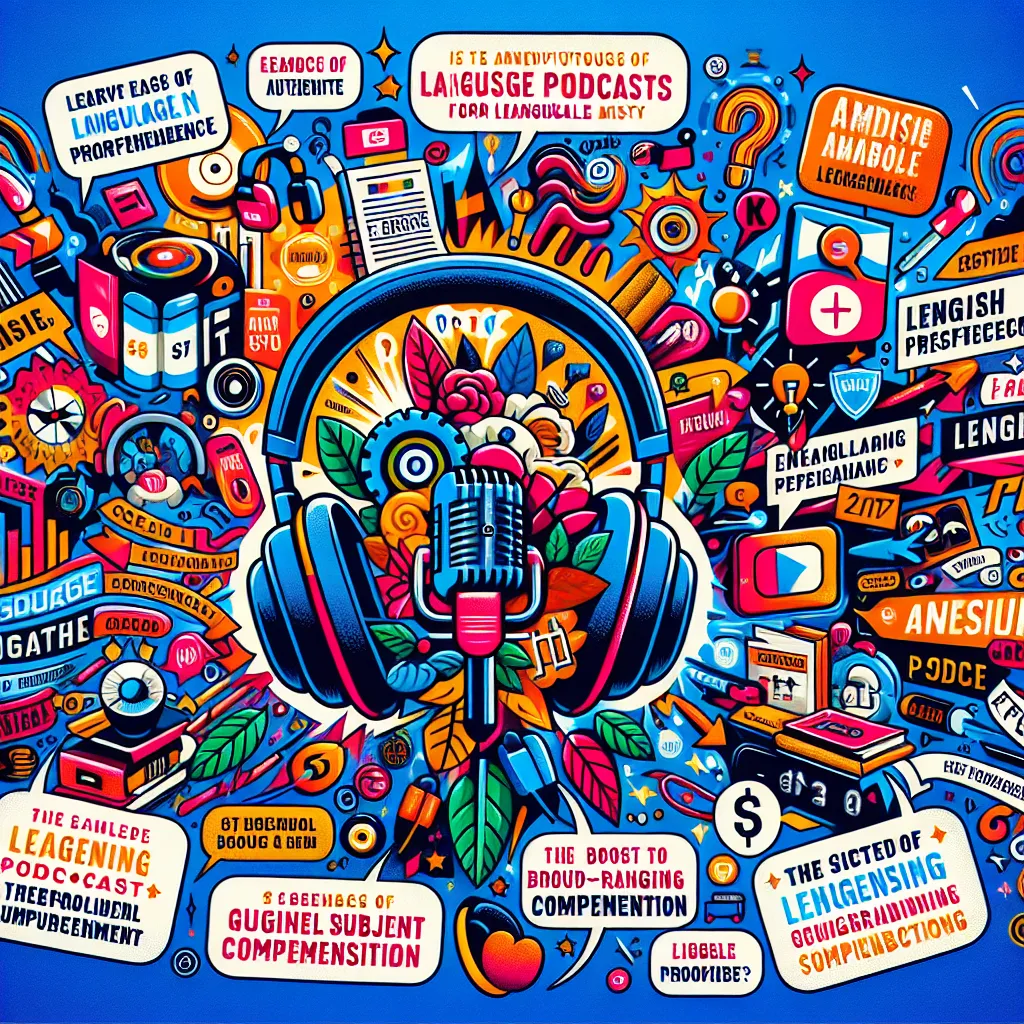Are you looking to enhance your English comprehension skills? One of the most effective ways to do so is by leveraging context. In this comprehensive guide, we’ll explore various Strategies For Improving English Comprehension Through Context, providing you with practical tips and techniques to boost your language skills.
Understanding the Importance of Context in Language Learning
Context plays a crucial role in language acquisition and comprehension. It provides the necessary framework for understanding words, phrases, and expressions that might otherwise be challenging to grasp. By focusing on context, learners can:
- Deduce the meaning of unfamiliar words
- Understand idiomatic expressions
- Grasp the nuances of language use in different situations
- Improve overall reading and listening comprehension
 English comprehension through context
English comprehension through context
Strategies for Improving English Comprehension Through Context
1. Active Reading Techniques
Active reading is a powerful strategy for improving comprehension through context. Here are some techniques to try:
- Previewing: Scan the text before reading to get an overview of the content.
- Predicting: Make educated guesses about what might come next in the text.
- Questioning: Ask yourself questions about the content as you read.
- Summarizing: Periodically pause to summarize what you’ve read in your own words.
- Connecting: Relate the text to your prior knowledge or experiences.
2. Contextual Guessing
When encountering unfamiliar words, try to guess their meaning based on the surrounding context. Look for:
- Synonyms or antonyms in the nearby text
- Examples or explanations that might clarify the word’s meaning
- The overall topic or theme of the passage
Practice this skill regularly to improve your ability to infer meaning from context.
3. Extensive Reading
Engage in extensive reading of various materials in English, such as:
- Novels and short stories
- News articles and magazines
- Blog posts and online content
The more you read, the better you’ll become at understanding context and improving your overall comprehension.
 Extensive reading materials
Extensive reading materials
4. Listening for Context
Improve your listening comprehension by focusing on context:
- Watch English-language movies and TV shows with subtitles
- Listen to podcasts on topics that interest you
- Engage in conversations with native English speakers
Pay attention to the overall situation, tone of voice, and non-verbal cues to better understand the context of what you’re hearing.
5. Using Contextual Clues in Vocabulary Building
When learning new vocabulary, focus on:
- Word families: Learn related words (e.g., happy, happiness, unhappy)
- Collocations: Study words that frequently appear together
- Context-based example sentences: Create or find sentences that demonstrate the word’s usage in different contexts
6. Analyzing Text Structure
Understanding the structure of a text can provide valuable context for comprehension:
- Identify the main idea and supporting details
- Recognize transition words and phrases
- Look for cause-and-effect relationships
- Identify compare-and-contrast patterns
7. Utilizing Technology for Contextual Learning
Take advantage of digital tools to enhance your contextual learning:
- Use online dictionaries that provide example sentences
- Explore corpus linguistics tools to see words used in various contexts
- Try language learning apps that focus on context-based learning
Common Pitfalls to Avoid
While using context for comprehension is highly effective, be aware of these potential pitfalls:
- Over-relying on context: Don’t ignore unfamiliar words entirely; look them up when necessary.
- Misinterpreting idioms: Be cautious with figurative language, as the literal context may be misleading.
- Neglecting cultural context: Remember that cultural differences can affect language use and meaning.
Next Steps for Improving Your English Comprehension
To continue enhancing your English comprehension skills through context:
- Set a daily reading goal in English
- Practice summarizing what you’ve read or heard
- Join an English language book club or discussion group
- Keep a vocabulary journal with contextual examples
- Regularly challenge yourself with more complex texts
Conclusion
Improving English comprehension through context is a powerful strategy that can significantly enhance your language skills. By actively engaging with various English materials, utilizing contextual clues, and practicing consistently, you’ll develop a deeper understanding of the language and improve your overall fluency. Remember, language learning is a journey, so be patient with yourself and enjoy the process of discovery through context.
[internal_links]




